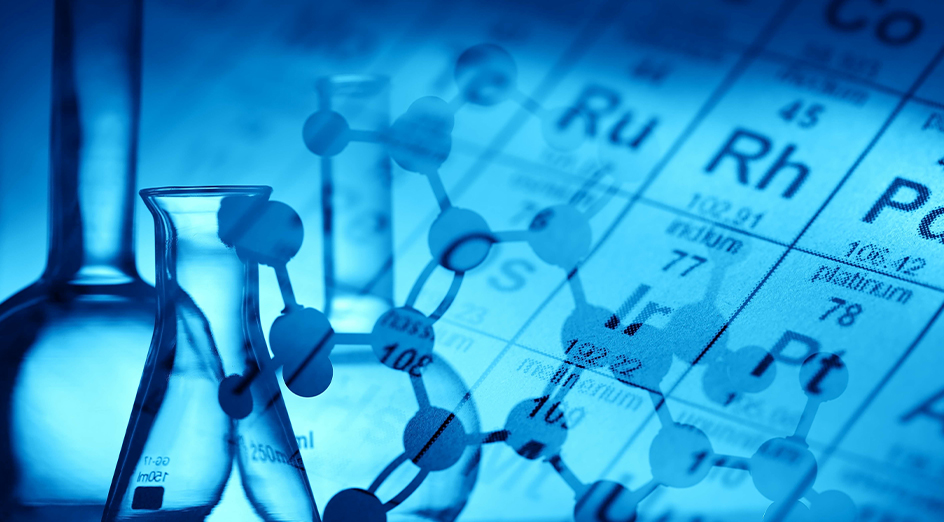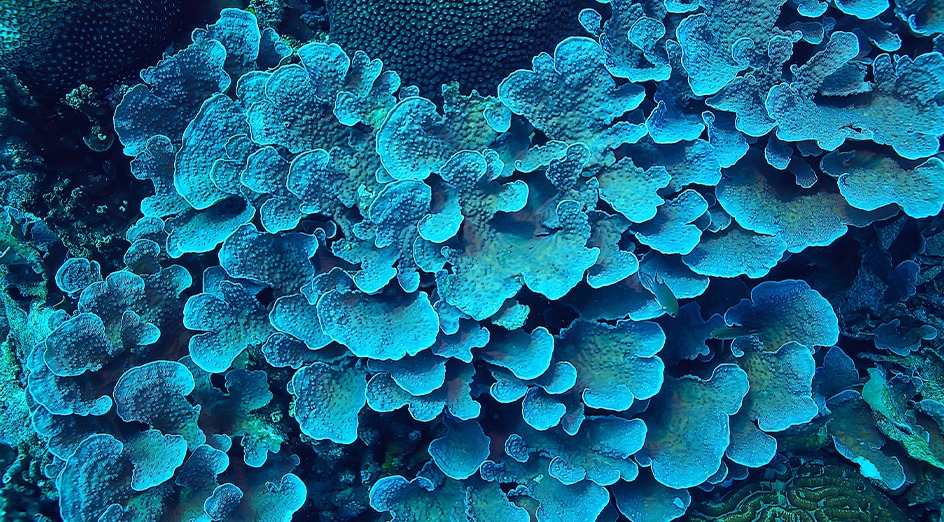Researchers at The University of Western Australia have been awarded nearly $8 million in Federal funding for 16 research projects ranging from creating software to design safety devices to prevent traumatic brain injury to measuring heat in Australian cities.
The projects, announced by Australian Research Council (ARC) Chief Executive Officer, Ms Judi Zielke PSM, are funded under the .
The UWA School of Molecular Sciences received a quarter of the total funding allocated to UWA for four grants.
Associate Professors Scott Stewart and Reto Dorta and Professor George Koutsantonis will explore developing new inexpensive transition metal catalysts based on earth abundant nickel and how to harness the power of electrons through electrochemistry to improve the reactivity of these catalysts, using a $589,000 grant.
A grant of $507,300 was awarded to Associate Professor Yit-Heng Chooi, Professor Alice Vrielink and Associate Professor Scott Stewart, from the UWA School of Molecular Science, to look at engineering new enzymes from fungi to generate novel molecules with desirable biological activities.

Georg Fritz and his collaborator will use $458,799 to explore using synthetic biology tools to boost the production of a valuable antibiotic and calcite precipitation in self-healing concrete.
Professor Harvey Millar was awarded $469,999 for a project which will look at how the chemical compound pyruvate is provided to mitochondria for respiration in plants.
Associate Professors Bryan Boruff and Sally Thompson, from the UWA School of Agriculture and Environment, and their team received $491,013 to investigate the warming effects of residential development and re-development in Australia.
Professors Cheryl Praeger and Michael Giudici, from UWA’s School of Physics, Maths and Computing, received $368,000 for their project which aims to use the Classification of Finite Simple Groups to simplify and solve complex mathematical problems.
Also from School of Physics, Maths and Computing, Professor Sergei Kuzenko and Associate Professor Evgeny Buchbinder and collaborators will use $455,000 for a project that expects to advance our knowledge in one of the most challenging areas in modern theoretical physics – quantum gravity and physics beyond the Standard Model of Particle Physics.
Funding of $461,000 allocated to Professor Yuxia Hu, from UWA’s School of Engineering, and her team to investigate environmentally friendly offshore foundation systems for renewable energy devices set in calcareous sands which are composed mainly of finely crushed shells.
Eucalypt trees and the way they acquire the major nutrient phosphorus will come under the spotlight in a $520,088 project headed by Emeritus Professor Hans Lambers, Associate Professor Patrick Finnegan and Dr Kosala Ranathunge, from UWA’s School of Biological Sciences.
Associate Professor Mariusz Martyniuk, from the School of Engineering, Associate Professor Vincent Wallace, from the School of Physics, Maths and Computing, and Associate Professor Martin Saunders, from the Centre for Microscopy, Characterisation & Analysis, will investigate micro-electromechanical technology for harnessing terahertz waves with their $553,728 grant.
The UWA Oceans Graduate School’s Professors Conleth O’Loughlin and Britta Bienen, along with Dr Zefeng Zhuo will use their $594,700 grant to research the science behind a reliability-based geotechnical design approach to make floating offshore wind energy economic and viable.

Associate Professor Glenn Savage, from the Graduate School of Education, has received $235,300 for a project which aims to examine how Australian governments engage in collaborative schooling reform by focussing on processes associated with the formulation of the new post-2023 ³Ô¹ÏÍøÕ¾ School Reform Agreement.
Associate Professor Richard Vokes, from the School of Social Sciences, and Dr Barbara Nattabi, from the School of Population and Global Health, and their team were awarded $603,010 to conduct a comparative analysis of new road schemes in East Africa and the Western Indian Ocean in order to understand their economic, socio-political, cultural and public health effects.
Professors Adam Wittek and Karol Miller, from the School of Engineering, lead a team who received $565,000 to measure, mathematically describe and implement in software mechanical properties of brain-skull interface to simulate realistic injury and surgery scenarios.
The ARC Discovery Project Scheme aims to expand the knowledge base and research capacity in Australia and support research that will provide economic, commercial, environmental or social benefits to Australians.







